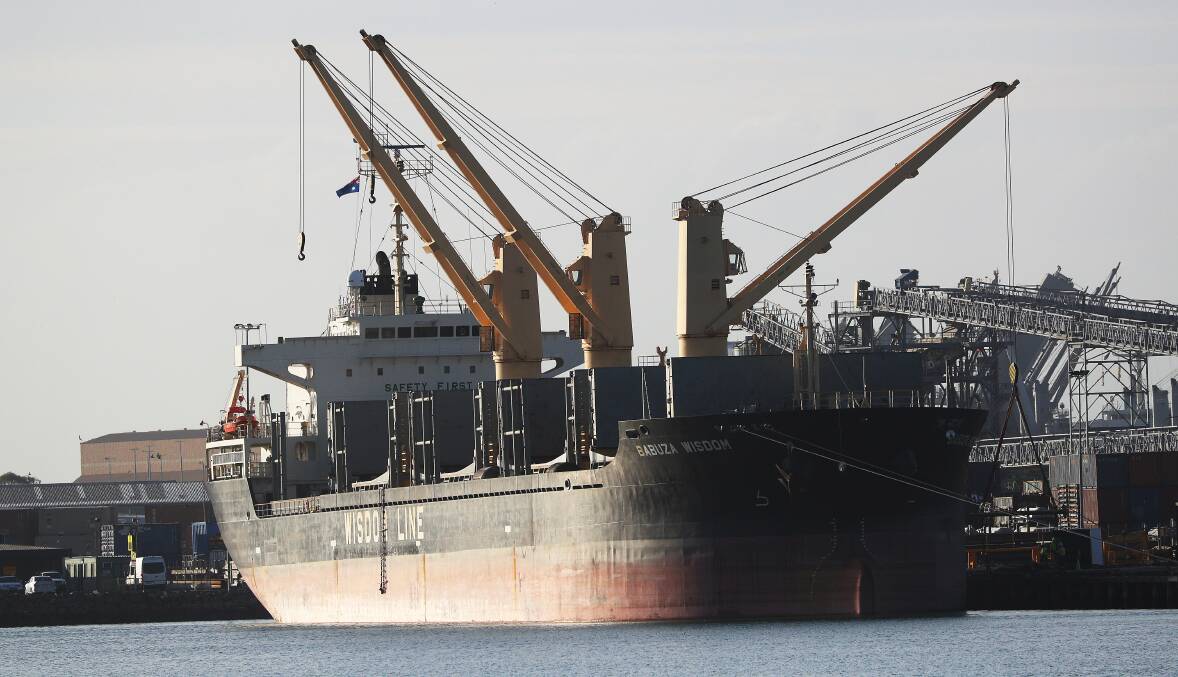
IT sounds as if the Babuza Wisdom, pictured, was lucky to make it to Newcastle over the weekend.
Banned from re-entering Australia for 90 days, the ship has thrust the conditions at sea back into the spotlight. As this newspaper reported, authorities believed its state was so dire the vessel risked becoming stranded in the open ocean.
Sadly, it is not the first time ships in this city's beloved harbour have come to attention for the wrong reasons.
In November last year, coal ship Costanza was impounded at Newcastle Coal Infrastructure Group's Kooragang 10 wharf. It also faced a three-month ban from Australian ports after the Australian Maritime Safety Authority investigated a complaint about payments. The watchdog alleged that "the majority of the crew seafarer employment agreements had a salary amount less than the collective agreement for the vessel".
A 2015 coronial inquest found two crew members aboard the Sage Sagittarius likely met with foul play aboard what became known as "the death ship". That is not to mention the dozens of containers that plunged off the YM Efficiency in 2018.
Beyond those egregious incidents aboard individual vessels, an Australia Institute report in September last year found the crews aboard ships entering the Port of Newcastle are being robbed an estimated $25 million each year. That shortfall, gleaned from a decade's data, was attributed to underpayment, withheld entitlements and poor enforcement of Australian labour standards.
Maritime Union of Australia Newcastle branch secretary Glen Williams in 2022 described the Australia Institute report as shining a light into "a dark corner of Australia's supply chain".
The Suez canal blockage and cost of living pain associated with COVID-19 shortages made it clear how important ocean freight has become to the modern, interconnected world. Yet that trade cannot be predicated on an industry that exploits its staff and falls short in protecting them while they are at work. It is clear that authorities are wielding what weapons they have against such conduct, but it also seems to have done little to stamp it out entirely.
Cheap prices are not worth cheapening the lives of those responsible for bringing goods to our country from a world away, or ferrying them to new markets. That is a business model that simply cannot be allowed to hold water on our shores.







